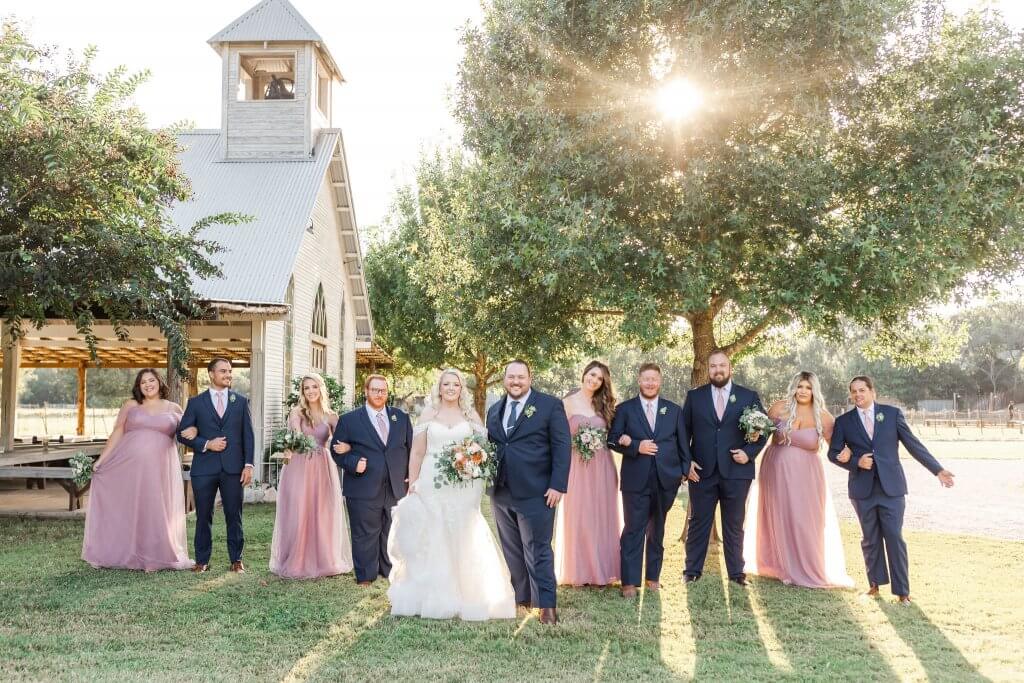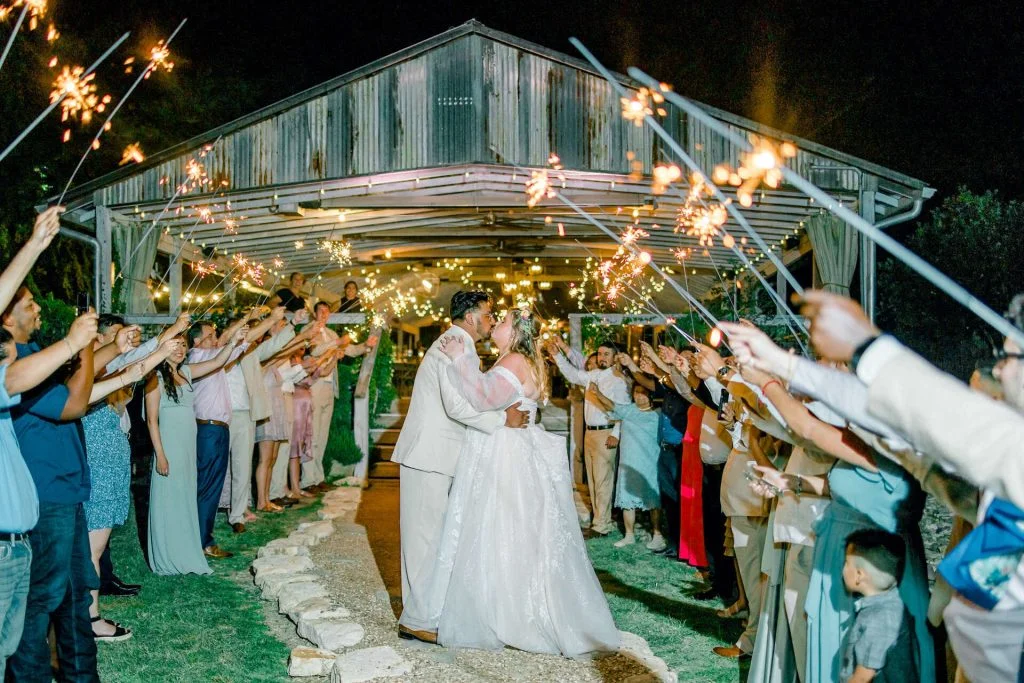How Can You Financially Prepare for the Wedding of Your Dreams?
Planning your dream wedding may be a struggle, and perhaps the biggest challenge would be managing finances. Business Insider breaks down the average costs of a wedding — this includes some expenses that you might not immediately take into consideration, such as payment for the rehearsal dinner, officiant, and wedding day transportation. But overall, the national average cost of a wedding in 2021 is $22,500. Although it’s important to note that costs vary per state, with Texas being the most expensive (state average cost of $30,200).
But don’t worry if this sum overwhelms you. Because, fortunately, there are steps you can take to help you and your partner afford your dream wedding. Below are some of these:

Decide How to Pay For the Wedding
There are three ways to pay for your wedding: cash, credit, and loan. CNBC’s feature on how to finance your wedding mentions that saving up enough money to pay for the wedding out-of-pocket is the best option. But this is rarely the case, so people also use cash in tandem with credit or a personal loan. If you plan to use credit, it’s important to be strategic about it. For one, it may be easy to get carried away with using it since you’re not handling any physical cash. Meanwhile, loans may have a lower interest rate than credit cards. However, a wedding is intangible and thus has no resale value. This means that if you don’t pay back that loan, the lender may sue you for non-payment or have your wages garnished. Regardless of whether you choose to use credit or loan with cash, it’s important to always be mindful of how you spend it.

Set a Monthly Budget
To minimize your reliance on credit or loans, you should save up as much as you can. To do this, you should first have a realistic and workable budget, or a range if you have yet to figure out the specifics, such as vendors and venue. Once you have a ballpark estimate, you can break that down into monthly target saving goals. AskMoney’s article on budget balancing suggests listing down all your expenses, but not counting impulse purchases and other unnecessary spending — you should have a bit of money tucked away for these indulgences. This means only putting fixed expenses like bills and rent, and variable expenses like groceries and savings. Once you’ve got all that down, you can distribute your income accordingly. In this case, you may want to allocate more money to your savings to hit your monthly goal. You can even set up a special savings portion of your budget, solely for your wedding.
Do Your Research

Aside from defining the specifics of your budget — such as vendors, venue, and attire — you can do more research to look for wedding deals and other ways to save money. For example, the wedding season is generally around late spring and early fall. This means if you plan your wedding outside that timeframe, vendors may be less expensive and there are more available venues since demand is low. If you don’t know where to start, our 7 Things to Do After Getting Engaged write-up suggests securing a venue first, as everything else can come after that. For one thing, venues may have a preferred vendor list you can choose from and you will get more value for your money this way. Venue-first thinking makes making other decisions easier since it becomes only a matter of how to recreate the place to suit your dream wedding.
Content exclusively written for grueneestate.com
by Jade Lee Blancher
